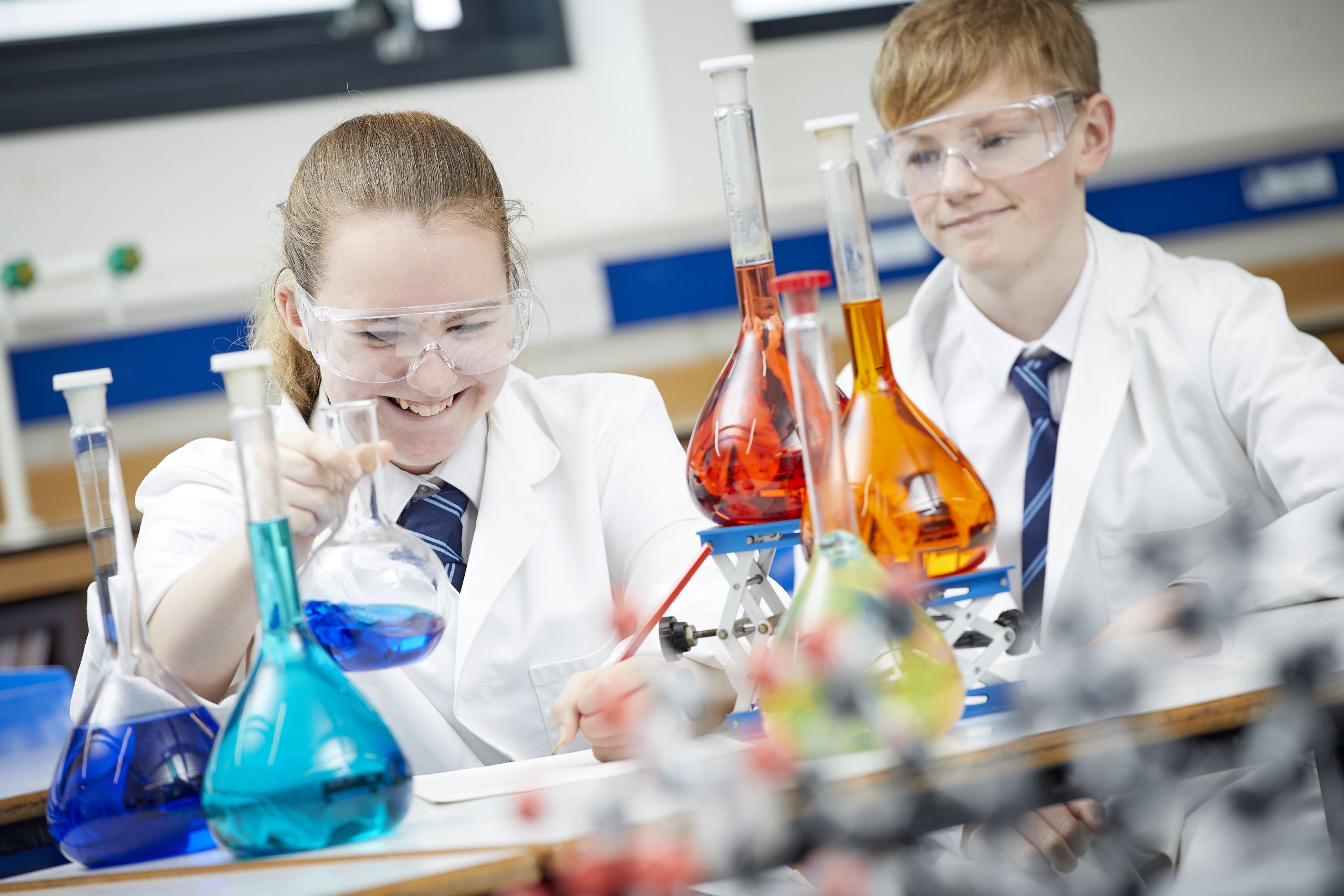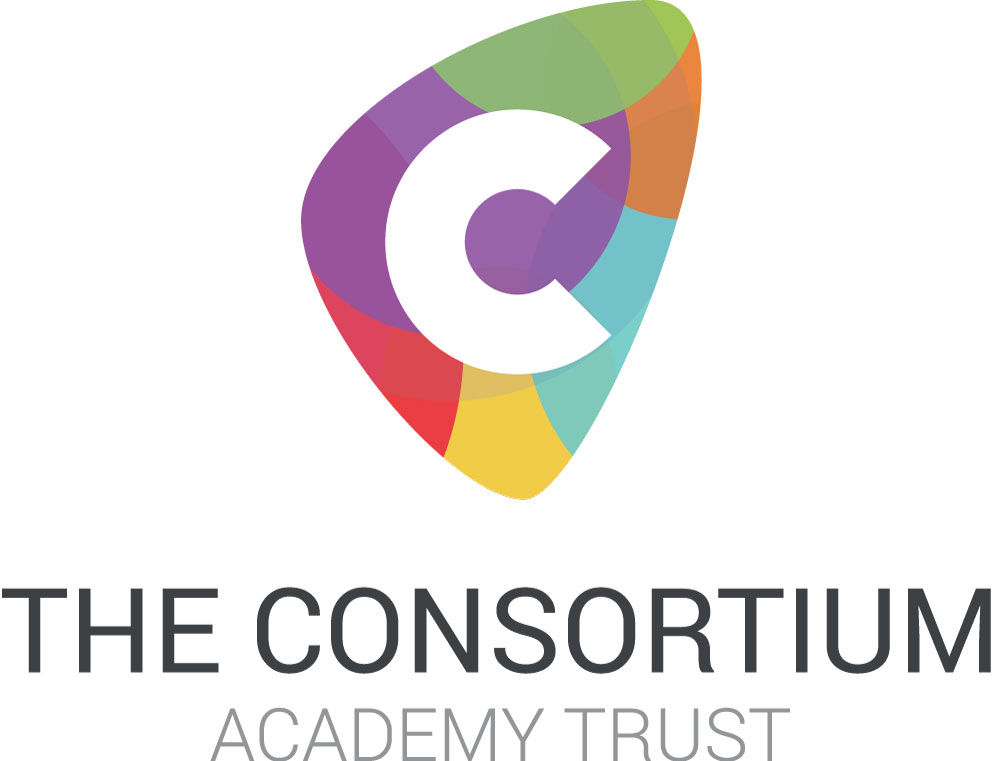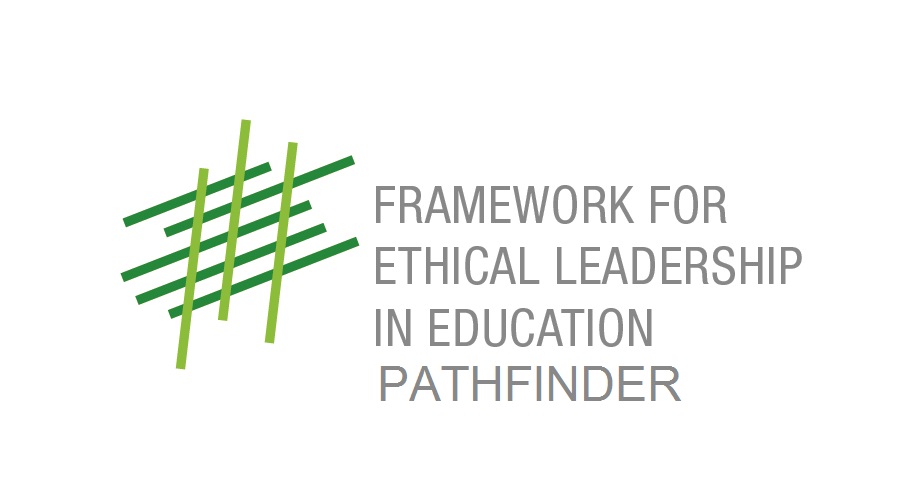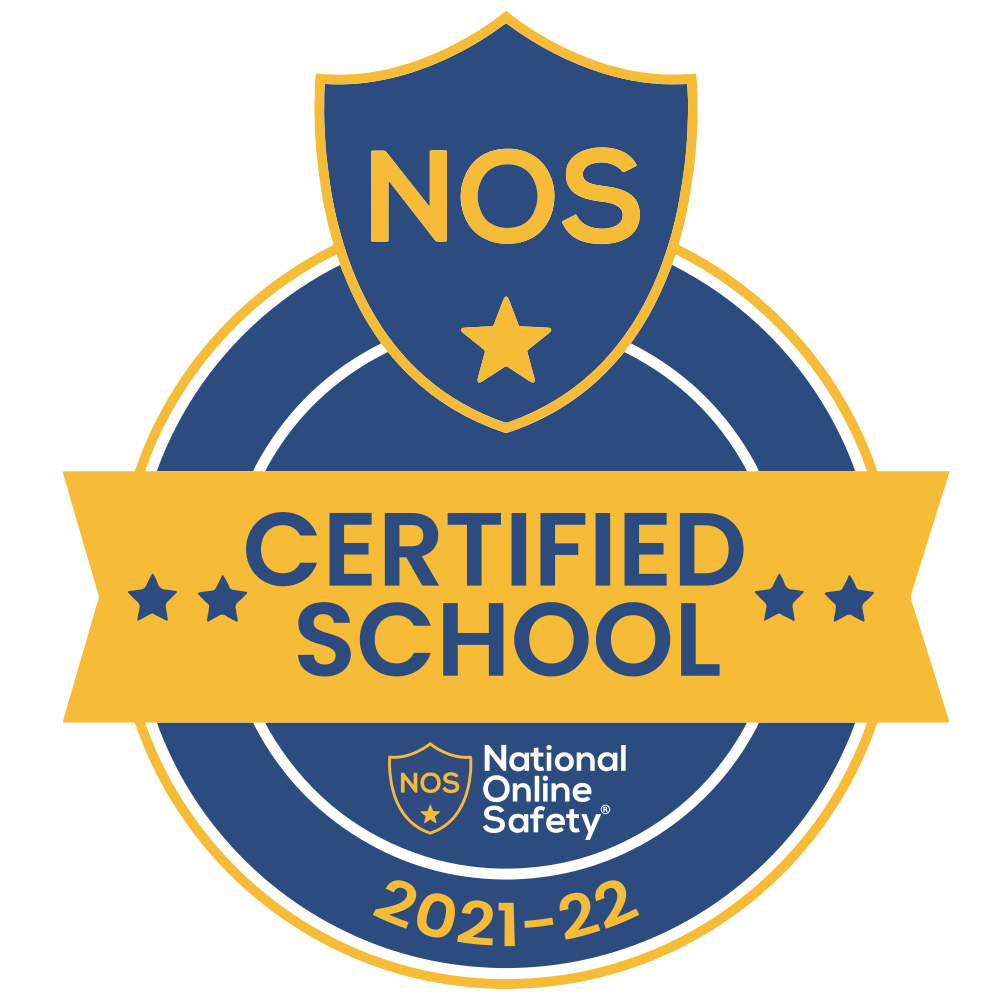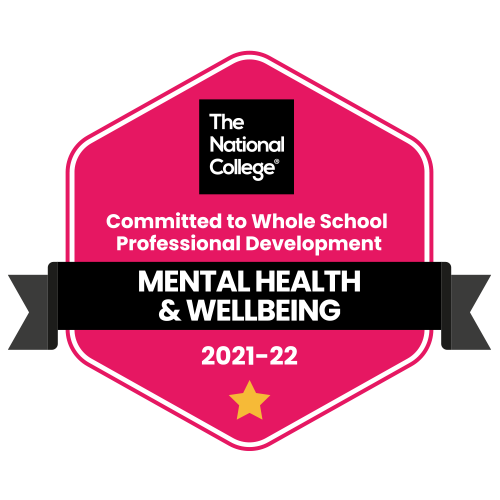History
| History | |
|---|---|
| Year 7 | To know and understand the history of Britain as a coherent chronological narrative from the earliest times to the Modern period. To show how people's lives have shaped the nation and how Britain has influenced, and been influenced by the wider world. To begin to understand the methods of historical enquiry and begin to understand how evidence is used to make historical interpretations. This forms the beginning of a three-year chronological journey of Britain and its place in the wider world from the Roman Empire to the present day. |
| Year 8 | To further understand the history of Britain as a coherent chronological narrative from the Modern Period to the present day. To show how people's lives have shaped the nation and how Britain has influenced, and been influenced culturally and politically by the wider world. To understand historical concepts such as continuity and change, cause and consequence. To further understand the methods of historical analytical skills and the deployment of evidence. This forms the second part of a three-year chronological journey of Britain and its place in the wider world from the Roman Empire to the present day. |
| Year 9 | To consolidate our understanding of the history of Britain as a coherent chronological narrative from the Modern Period to the present day. To show in depth how people's lives have shaped the nation and how Britain has influenced, and been influenced culturally and politically by the wider world. To consolidate our understanding of historical concepts such as continuity and change, cause and consequence. To further understand the methods of historical analytical skills and the deployment of evidence. This forms the third part of a three-year chronological journey of Britain and its place in the wider world from the Roman Empire to the present day. |
| Year 10 | To develop knowledge and understanding of specified key events. To begin to engage in historical enquiry and begin to develop as independent learners, while developing critical and reflective thinking skills. To begin to ask relevant questions about the past and to investigate issues critically in order to begin to make valid historical claims by using sources. To begin to understand why events and people are important in History and begin to explain why this leads to different historical interpretations. To start to organise and communicate their historical understanding in different ways and begin to reach supported judgements. These topics are taught first to more closely reflect the KS3 experience. Crime and Punishment is a thematic topic and closely reflects the time periods studied at KS3. |
| Year 11 | To extend knowledge and understanding of specified key events. To further engage in historical enquiry and to further develop as independent learners and further develop critical and reflective thinking skills. To ask relevant questions about the past and to investigate issues critically in order to make valid historical claims by using sources. To understand why events and people are important in History and to explain why this leads to different historical interpretations. To organise and communicate their historical understanding in different ways and reach supported judgements. These topics are taught in this year to focus on the depth and periods of studies. They involve more advanced exam questioning and build on the more accessible techniques taught in Year 10. |
| Year 12 |
The two modules are taught simultaneously according to staff subject specialism. The French Revolution module concentrates on essay writing skills where the students are assessed on their ability to create an argument that is supported by relevant and accurate detail. The British module builds on these skills with the added focus on the analysis of primary sources in the inquiry topic. The two preparatory modules are designed to engender independent learning skills that will be needed over the summer holidays and in Year 13. Students will: Develop their interest and enthusiasm for History and an understanding of its intrinsic value and significance. Build on their understanding of the past through the experience of a broad and balanced course of study. Improve as effective and independent learners and as critical and reflective thinkers with curious and enquiring minds. Develop the ability to ask relevant and significant questions about the past and to research them. Acquire an understanding of historical study, for example that history is concerned with judgements based on available evidence and that historical judgements are open to interpretation. |
| Year 13 | The students continue their work on the Topic Based Essay and Russian Rulers that was started in Year 12. The Russian Rulers module comprises a thematic study over a period of 100 years, and three in-depth studies of events, individuals or issues that are key parts of the theme. Students develop the ability to treat the whole period thematically, and to use their detailed knowledge of the depth study topics to evaluate the interpretations of the specified key events, individuals or issues. The revision of the British Period Study and Non-British Depth Study run simultaneously until the exam. Students will: Develop their interest and enthusiasm for History and an understanding of its intrinsic value and significance. Build on their understanding of the past through the experience of a broad and balanced course of study. Improve as effective and independent learners and as critical and reflective thinkers with curious and enquiring minds. Develop the ability to ask relevant and significant questions about the past and to research them. Acquire an understanding of historical study, for example that history is concerned with judgements based on available evidence and that historical judgements are open to interpretation. |


